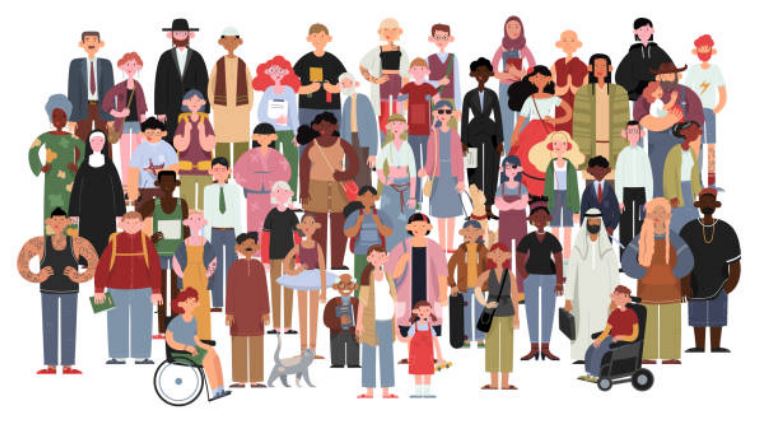Inclusive societies - minorities and migrants
Societies can gain enormously from the entrepreneurship, variety of skills and creativity associated with diversity, provided they adopt policies and practices that facilitate inclusion for all. The Division’s work includes a multi-level approach to maximise the positive potential of diversity and address its challenges to increase inclusion at all levels of society, including through technical support, capacity-building and cooperation projects.
Types of support we provide include :
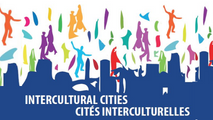
The intercultural integration model
We have worked with local and regional authorities worldwide to implement intercultural integration, which is the result of a two-way process based on Recommendation CM/Rec(2015)1 on intercultural integration and on the Intercultural Cities policy model, consisting in the effective, positive and sustainable management of diversity, on the basis of reciprocal and symmetrical recognition, under an overarching human rights framework.
The intercultural integration model is based on the principles of real equality, the diversity advantage and meaningful interaction through active citizenship and participation. The Intercultural Cities programme supports authorities in reviewing their policies through an intercultural and intersectional lens and accompanies them in developing comprehensive intercultural strategies to manage diversity positively and build inclusive and sustainable societies. The programme proposes a set of analytical and practical tools to help local stakeholders through the various stages of the process.
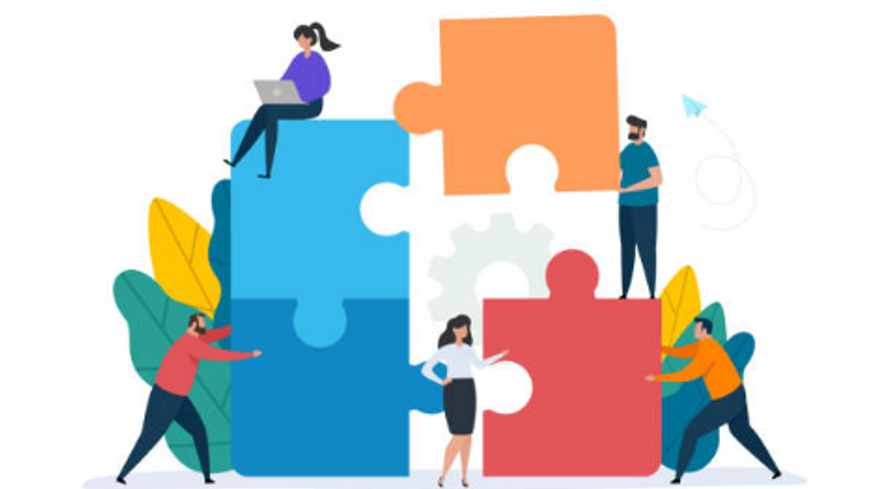
Cooperation programme with member States
A wide range of tailored programme are run is different countries to strengthening the protection of national minorities and minority languages, and the rights or other groups in vulnerable situations, by reinforcing relevant legislation and policies, improving consultations with minorities, strengthening the capacities and competences of public authorities, Equality Bodies, Civil Society Organisations and raising public awareness. Work is also done to improve desegregated data gathering, access to redress mechanisms. Presently programme cover Western Balkan region, Georgia, Republic of Moldova, and Ukraine.
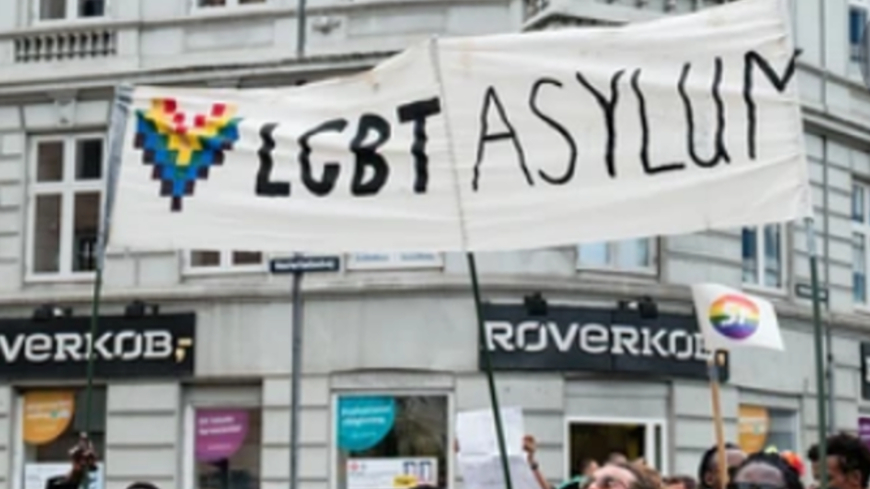
LGBTI migrants and asylum seekers
We participate in ongoing actions with external partners, such as the European Union Agency for Asylum (EUAA) and the United Nations Refugee Agency (UNHCR), to raise awareness and encourage public authorities to make necessary improvements to the way in which LGBTI asylum seekers fleeing SOGIESC-based violence and persecution as well as other migrants are accepted and helped to reconstruct their lives on arrival in Europe. In cooperation with UNHCR, we have conducted training sessions for legal practitioners on substantial and procedural aspects of asylum applications lodged by LGBTI asylum seekers. The trainings have provided an insight into international and European human rights and refugee law standards, relevant case-law of the European Court of Human Rights and UNHCR positions on applications for international protection with an asylum claim based on sexual orientation, gender identity and sex characteristics. They have also offered practical guidance to ensure a correct application of existing standards during the asylum interviews and in the decision-making process at first and second instance. We also closely cooperate with other services and bodies of the Council of Europe tasked with migration issues such as the European Commission against Racism and Intolerance (ECRI) and the Office of the Special Representative of the Secretary General on Migration and Refugees. In particular, we contribute to the implementation of the Council of Europe Action Plan on Protecting Vulnerable Persons in the Context of Migration and Asylum in Europe (2021-2025).
 Training courses
Training courses

Learning more about the Intercultural model
The online course the Intercultural city step by step is a tool for assisting cities on their intercultural journey, guiding participants on how to apply the intercultural lens in their work. The course is based on the founding document for the Intercultural Cities, the guide The intercultural city step by step. The written materials are accompanied by a video series.
The aim of the Intercultural Citizenship Test is to increase knowledge and awareness on human rights, intercultural competence, perceptions of diversity as an advantage, as well as the willingness to act and behave in an intercultural way. It is intended to be both an educational and a political tool – raising awareness among citizens, professionals and politicians of the need to define (urban) citizenship in a pluralistic and inclusive way.
 Resources
Resources

Resources on inclusive societies - minorities and migrants
This base guide of the Intercultural Cities programme is intended for city officials planning the intercultural strategy of the city or wishing to learn more about the intercultural approach.
- Intercultural Cities Step-by-step Guide for practitioners (French, Italian, Greek, Portuguese, Spanish, Polish)
This policy guidance is aimed at city officials and addresses how to on a practical level identify and prevent systemic discrimination in the city.
- Identifying and Preventing Systemic Discrimination at the Local Level – Policy Study (French, Italian) and Policy Brief (2020) (French, Italian)
This study aims to inform city officials on the phenomena of gentrification and provide practical policy examples of how gentrification can be managed at the local level.
- Managing gentrification – Policy Study (French) and Policy Brief (2020) (French, Spanish)
This thematic page on the topic of refugees aims to showcase the crucial role cities play in welcoming refugees, providing both facilities to meet their immediate needs, and opportunities for their long-term social and economic integration.
This policy package is directed to city officials working with the topic of sustainability and highlights how the intercultural and sustainable agendas can be merged to provide mutual support for development.

Recommendation on intercultural integration
The Working Group on Intercultural Integration (GT-ADI-INT), the first multilevel subordinate body comprising representatives of national and local authorities, has submitted the draft text of the Recommendation on intercultural integration to the Committee of Ministers for adoption. If adopted, the text will become the first European standard co-drafted by national and local authorities, setting the starting point for multilevel cooperation in the field of intercultural integration.
The text of the Recommendation will be published after adoption.
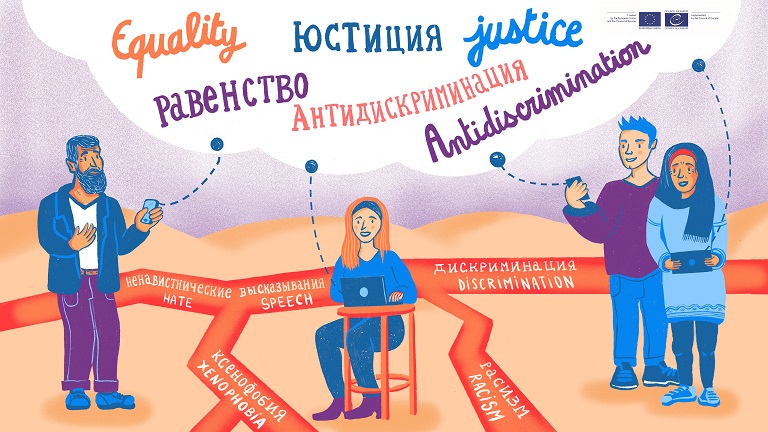
Experts talks
This webinar series covers a range of topics related to combating discrimination with a focus on the Eastern Partnership region.

Videos
These videos cover a wide range of topics and countries, on equality, minority languages, celebration of diversity in various countries and the role of National Ombudsoffice and Equality Bodies.
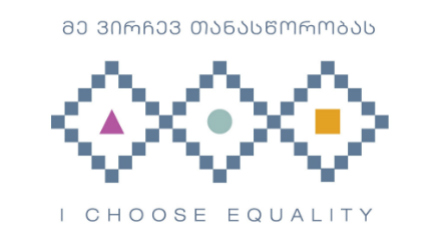
Videos and Stories "I Choose Equality"
These videos and stories of the I Choose Equality Campaign celebrates the diversity that enriches Georgie, informs on human rights principles and key redress mechanisms in Georgia. Most videos and stories feature personal testimonies of people from many different backgrounds from Georgia.



